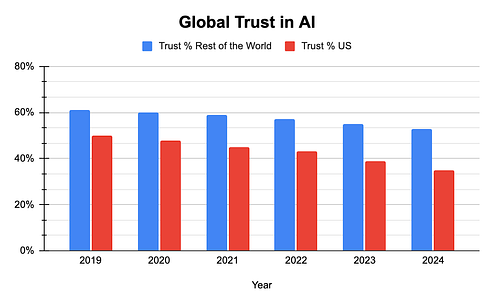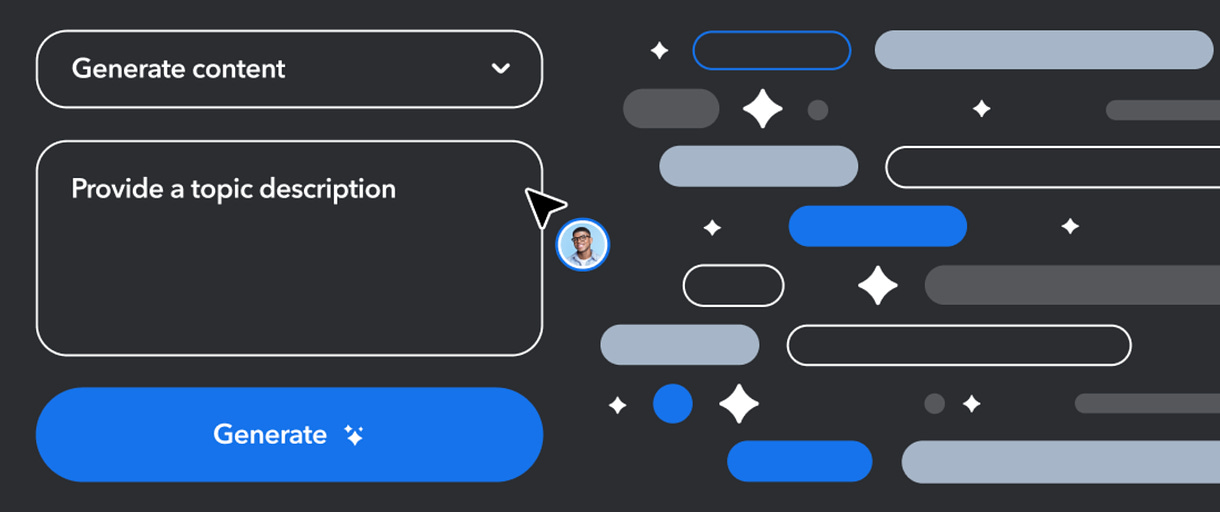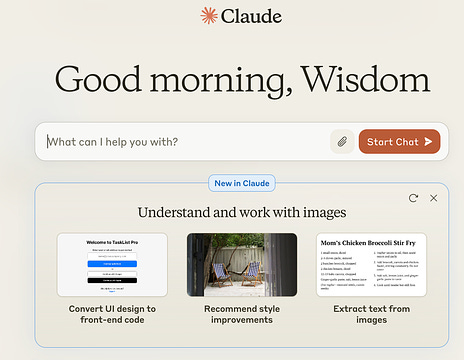🌍 Global Trust in AI is DroppingPlus: The Scary Rise of AI Voice Scams and Instant Fake Document Creation.
It’s Friday yeah, Thanks for joining us for the last edition of the week where we share about the scary Rise of AI Voice Scams and Instant Fake Document Creation as well as how AI global trust is dropping. Hope you enjoy it and feel free to ask any questions you may have.
❓Quiz of the DayWhich AI milestone involved defeating the world champion in the game of Go?
The correct answer will be given in the next newsletter - Last Week’s Quiz correct answer: “A” 📰 AI News and Trends
🌐 Other Tech news
Global Trust in AI is DroppingThe poll by consultancy firm Edelman, involving 32,000 global respondents, reveals a decline in public trust in AI since 2019. Trust in AI has dropped globally from 61% in 2019 to 53% in the current survey. In the US, where job insecurity concerns related to AI are prevalent, only 35% of people now trust AI, down from 50% five years ago. The majority of people (two-to-one margin) believe that AI innovation has been "badly managed" so far. While 76% trust the tech industry in general, only half trust AI specifically. The public looks to scientists to inform them about AI safety, presenting an opportunity for the research community to establish authority on the subject. The graph shows that global trust in AI has decreased from 61% in 2019 to 53% in the current survey, while in the US, trust has dropped more significantly from 50% in 2019 to 35% currently. The Future of Intelligent Composable ContentContentful brings intelligent digital experiences to life. With generative AI and composable content, the possibilities are as limitless as your team’s creativity. The Scary Rise of AI Voice Scams and Instant Fake Document CreationAI is increasingly becoming a tool for criminals to enhance and accelerate their illicit activities, raising concerns at a rapid and alarming pace. The technology now powers sophisticated phone scams, where AI can mimic the voices of your friends and family to deceitfully request money. Additionally, AI facilitates the instantaneous creation of highly realistic fake documents, further enabling fraud and identity theft. This advancement in criminal techniques underscores the urgent need for heightened awareness and stronger protective measures against the misuse of AI technology. OnlyFake, an underground website, is exploiting neural networks to create highly realistic fake IDs for just $15, posing a significant cybersecurity threat and potentially facilitating activities like bank fraud and money laundering. This service, as verified by 404 Media, enables the creation of fake IDs (like the one below) that are convincing enough to pass some online verification systems, such as those used by cryptocurrency exchanges. OnlyFake's approach marks a departure from traditional methods of producing fake IDs, offering a quicker, less skill-intensive alternative that could produce up to 20,000 documents a day. The simplicity and accessibility of this technology raise concerns about its potential to undermine identity verification processes across various platforms.
How Dangerous Is This? The emergence of OnlyFake introduces a substantial risk to both individuals and institutions by making the production of convincing fake IDs accessible to a broader audience. This can lead to an increase in: - Identity Theft: As their personal information could be used without their consent. - Financial Fraud: Easier access to fake IDs could lead to an uptick in fraudulent financial activities, including unauthorized account openings and transactions. - Security Breaches: Institutions may face challenges in authenticating identities, leading to potential breaches in secure environments.
1. Enhanced Verification: Adopt biometric and advanced verification methods. However, tech companies will have access to sensitive biometrics and personal data. 2. Public Awareness: Educate on protecting personal information. 3. Regulatory Efforts: Increase crackdowns on such sites and tighten verification laws. 4. Individual Caution: Be vigilant for identity theft signs and safeguard personal data. Addressing this threat requires combined efforts from technology, education, and regulation to ensure security and privacy in the face of advancing fraudulent practices. 📝 Help us help you.Please help us to bring you better content and a better newsletter by filling out this quick form. Everyone who fills this out will get a FREE 3-month subscription.
Is Claude 3 A better AI Model?Claude 3, Anthropic's new AI model on par with GPT-4, feels remarkably warm and human-like, making it the most naturalistic AI assistant yet. As a writer, I've found Claude 3 invaluable for creative assistance and editorial suggestions. Its graph generation capabilities are also impressive. While the free version's chat navigation isn't as smooth as ChatGPT's, prompting Claude 3 is very intuitive overall. In terms of performance, Claude 3 is similar to GPT-4, though it handles larger files better and fosters more natural conversations. Graph creation is also more streamlined. A key limitation of the free Claude 3 is its inability to generate or manipulate images, though it can analyze existing ones. Overall, Claude 3 excels as a warm, creative AI companion, with powerful language understanding and data visualization abilities. As AI models advance, Claude 3 represents a significant achievement in naturalistic AI interaction.
📰 Publications I am currently reading and recommending:
🧰 AI ToolsSpeech II
🚀 Showcase Your Innovation in the Premier Tech and AI Newsletter (link) As a vanguard in the realm of technology and artificial intelligence, we pride ourselves in delivering cutting-edge insights, AI tools, and in-depth coverage of emerging technologies to over 55,000+ tech CEOs, managers, programmers, entrepreneurs, and enthusiasts. Our readers represent the brightest minds from industry giants such as Tesla, OpenAI, Samsung, IBM, NVIDIA, and countless others. Explore sponsorship possibilities and elevate your brand's presence in the world of tech and AI. Learn more about partnering with us. You’re a free subscriber to Yaro’s Newsletter. For the full experience, become a paying subscriber. Disclaimer: We do not give financial advice. Everything we share is the result of our research and our opinions. Please do your own research and make conscious decisions. |
Friday, March 8, 2024
🌍 Global Trust in AI is Dropping
Subscribe to:
Post Comments (Atom)







No comments:
Post a Comment